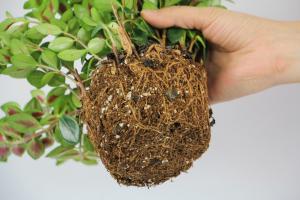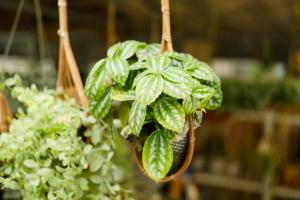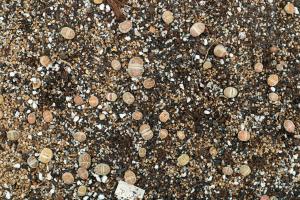Ramet propagation of kidney fern
Ramet propagation is the most commonly used propagation method of kidney fern. The season of ramet can be year-round, but it is generally carried out in spring when kidney fern is divided into pots, which is simple and easy. When the temperature is stable in spring, divide the pots and plants, knock out the mother branches of kidney fern from the basin, take two or three strong and young branches and plant them in the basin, and place them in a cool place for maintenance after planting
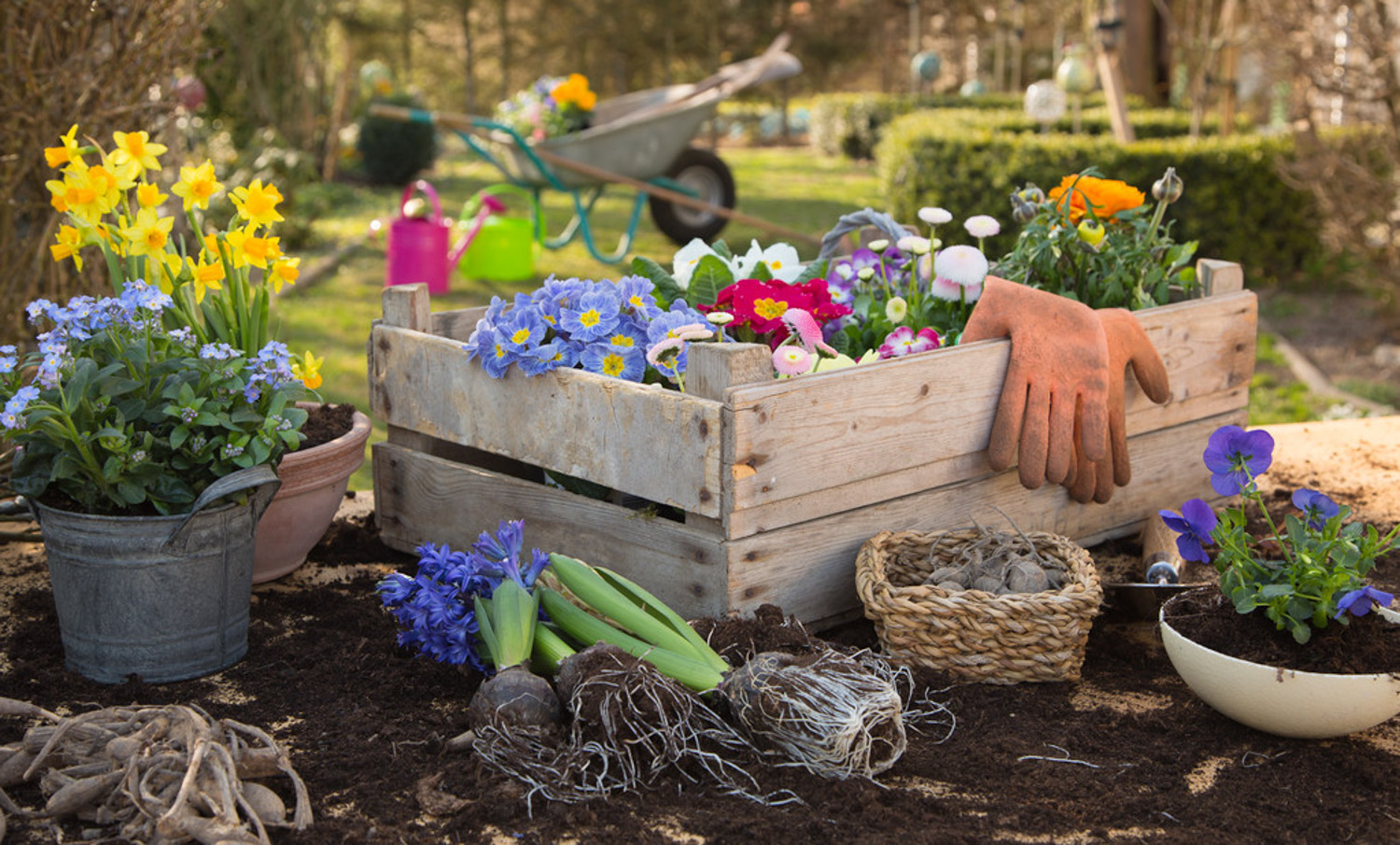
Spore propagation of kidney fern
All ferns can be propagated by spore propagation, and so can kidney ferns. The collected mature spores are evenly sown in the matrix (the matrix is required to be loose, breathable and rich in nutrients, such as rotten leaf soil, peat soil or a mixture of the two), and then the top is gently covered with a layer of matrix, poured with enough water and placed in a cool place for curing

Tissue propagation of kidney fern
Tissue propagation method is generally not commonly used, because it has high requirements for the environment, requires multiple sterilization and disinfection, and ensures the sterility of the growth environment. The first step of reproduction is to take explants, such as the tip of rhizome, spores, etc. Then cut the stolon tip, soak it in alcohol for half a minute, sterilize it with mercuric chloride for six minutes, and finally rinse it with sterile water for many times before inoculation. It should be inoculated on the hormone free medium. Seedlings will be born about two months after inoculation. Finally, the newborn seedlings can be planted separately and maintained in a cool place
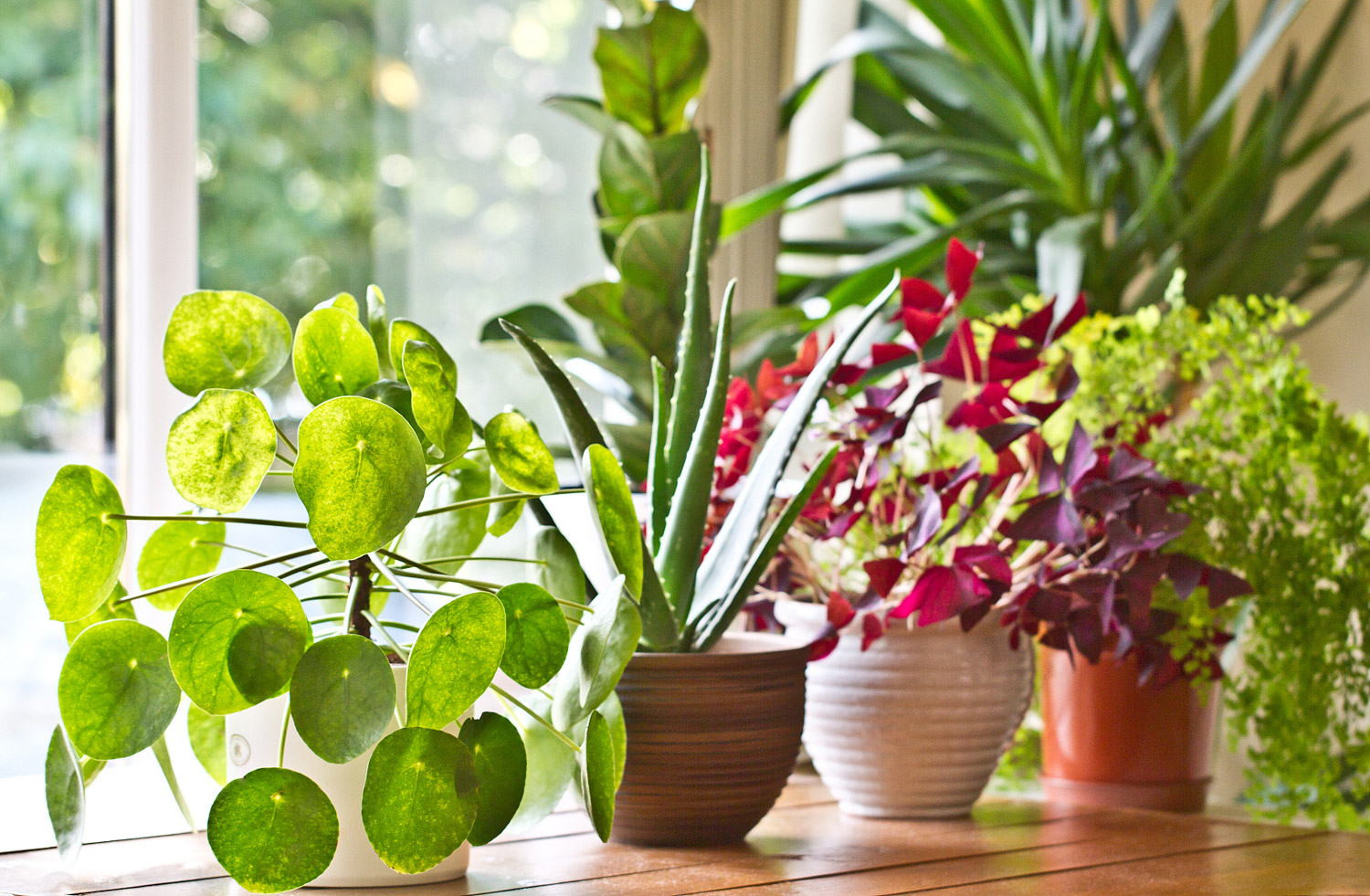

 how many times do yo...
how many times do yo... how many planted tre...
how many planted tre... how many pine trees ...
how many pine trees ... how many pecan trees...
how many pecan trees... how many plants comp...
how many plants comp... how many plants can ...
how many plants can ... how many plants and ...
how many plants and ... how many pepper plan...
how many pepper plan...